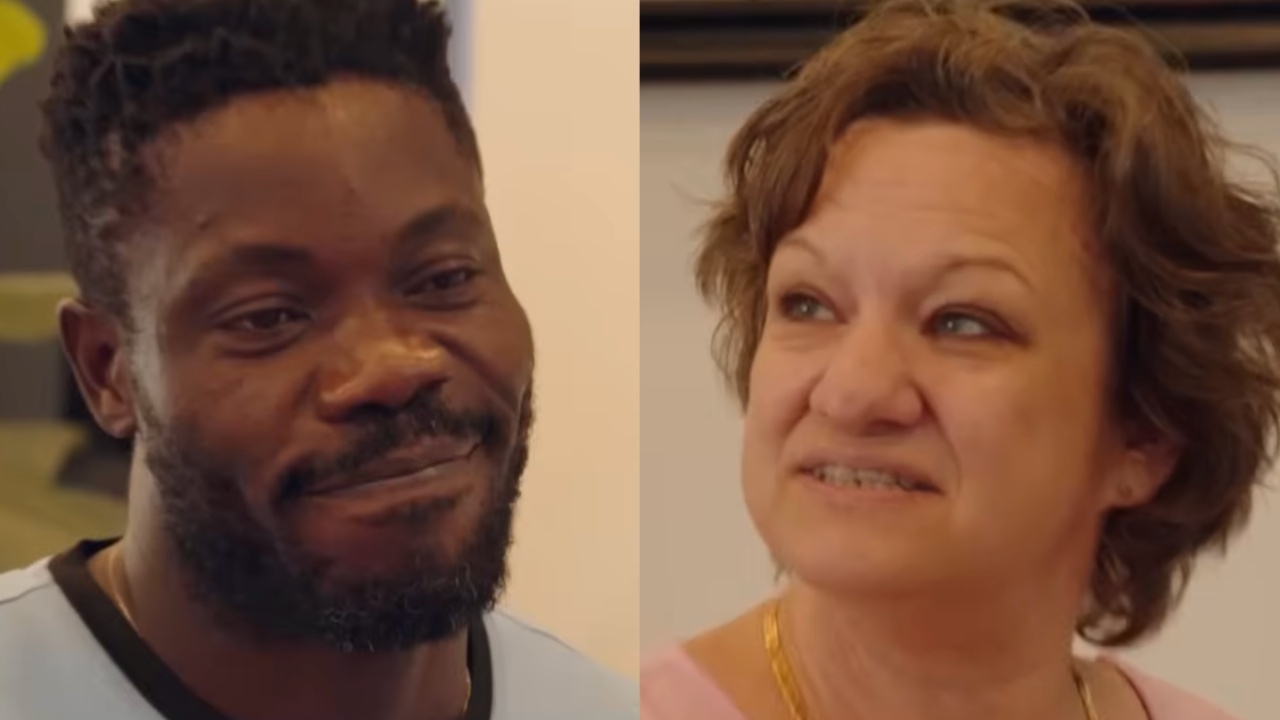CODA: What To Know About The Best Picture Oscar Winning Movie
It's time you give CODA a watch.
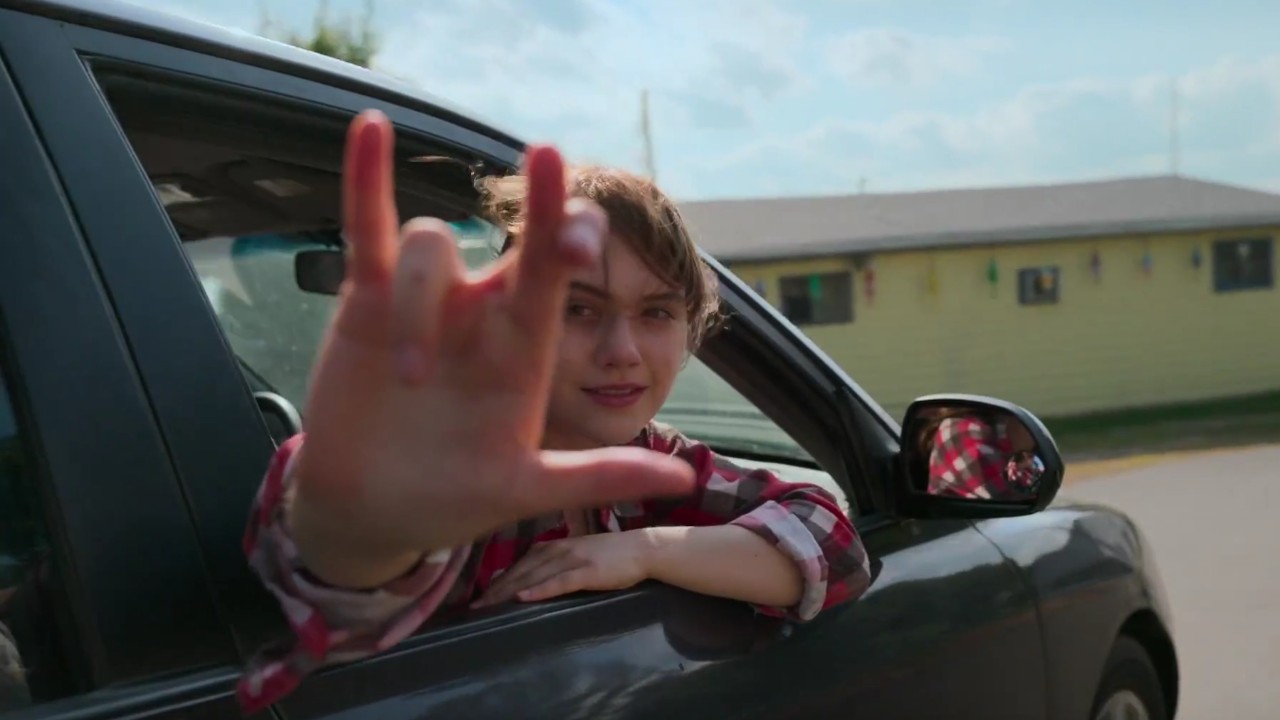
In March 2022, CODA made history by winning the Best Picture Oscar at the Academy Awards. Since premiering at Sundance in January 2021, it’s been the little indie that could. The film first showed it was a standout by winning four Sundance Film Festival awards, including an audience pick and a jury pick for the best U.S Dramatic Competition.
It was a dominant force during the 2022 award season, winning multiple BAFTA awards, SAG awards, and many others, but only received three Academy Award nominations. The Academy nominated CODA for Best Picture, Best Adapted Screenplay, and Best Actor in a Supporting Role for Troy Kotsur. They won all three of those Academy Award nominations.
CODA is one of the few Best Picture-winning films that’s a feel-good movie enjoyed by both critics and the general public. It’s also great in so many other ways, so let’s discuss some of the things you need to know about CODA, especially if you still haven't seen the movie (so NO spoilers ahead!)
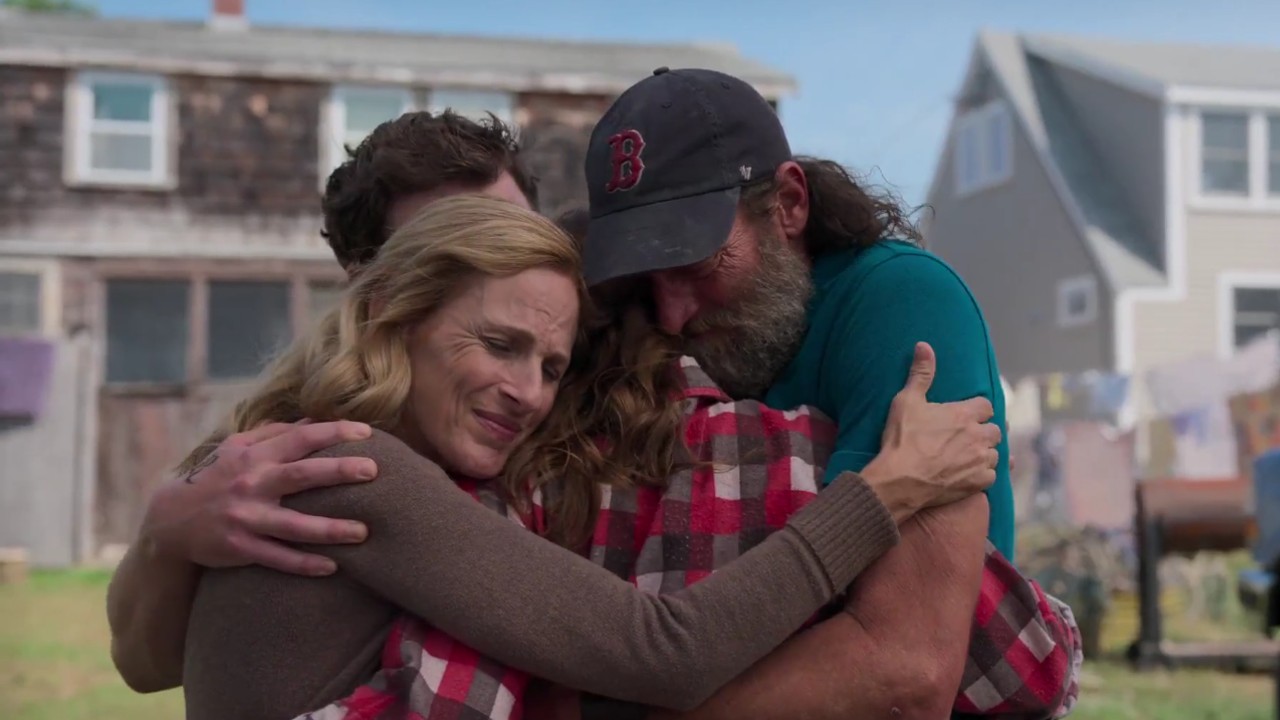
CODA Is A Coming Of Age Story
CODA, which stands for Child Of Deaf Adults, follows Ruby (Emilia Jones), a 17-year-old girl with deaf parents and brother. It showcases Ruby as she tries to navigate still being there for them while also pursuing her own dreams, which include singing.
It’s really a coming of age story that’s not only about Ruby’s growing up journey, but her family’s as well. They must learn to depend less on her when interacting with people not in the Deaf community. It’s a heartwarming story that tells a universal tale of family and finding your independence.
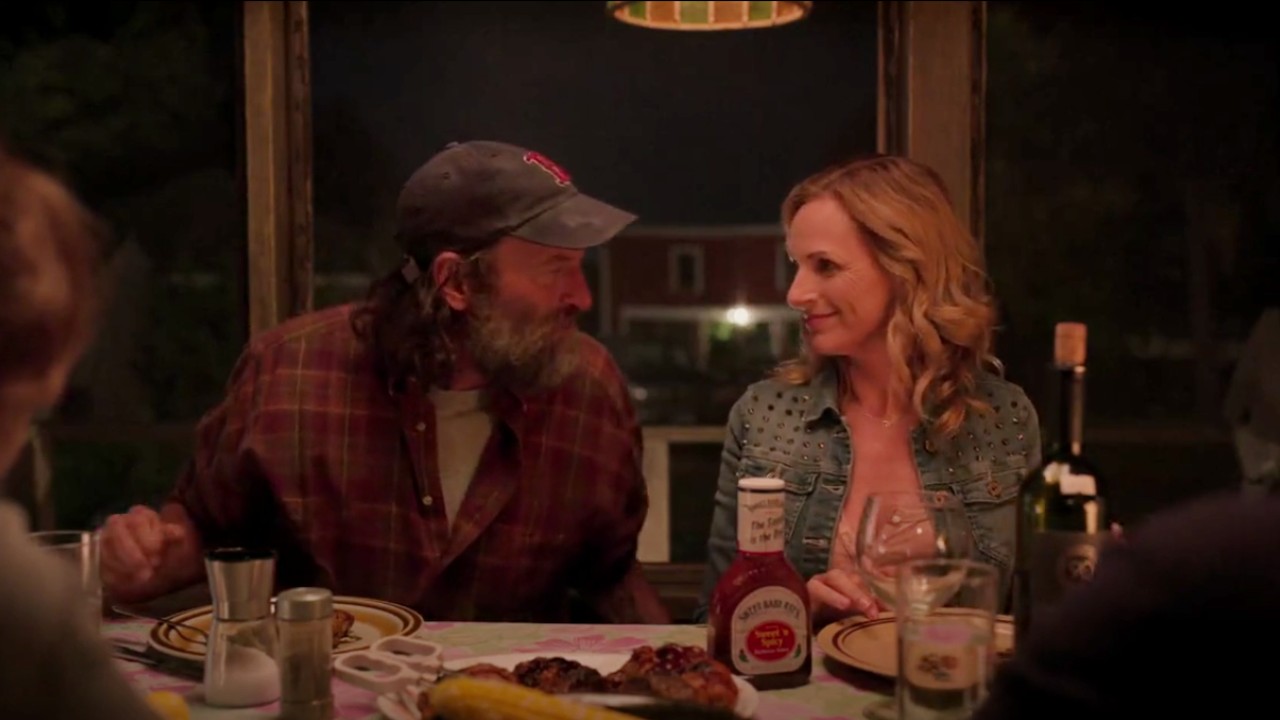
CODA Stars The Only Two Deaf Actors To Win Academy Awards
Marlee Matlin plays Ruby’s mother Jackie. Troy Kotsur plays her father Frank, and Daniel Durant plays her brother Leo. Eugenio Derbez rounds out the core cast as Bernardo "Mr. V" Villalobos, Ruby’s choir teacher and mentor.
Marlee Matlin became the first deaf person to win an Academy Award for acting in 1986 for her lead role in Children of a Lesser God. She also still holds the title for youngest actress to ever win the Academy Award at 21. It would take over 35 years before another deaf actor would even be nominated and win. That actor is Troy Kotsur.
Your Daily Blend of Entertainment News
Kotsur became the second deaf actor to win an Academy Award for acting in 2022. To those not in the Deaf acting community, Kotsur may have seemed like a newcomer when he appeared in CODA, but he has been doing theater work for over 30 years and appeared in television and film long before CODA.
He even shared the stage with his CODA co-star Daniel Durant in the Deaf West 2012 production of Cyrano (via Decider). Durant also once shared the screen with Matlin as they both appeared on Switched at Birth.
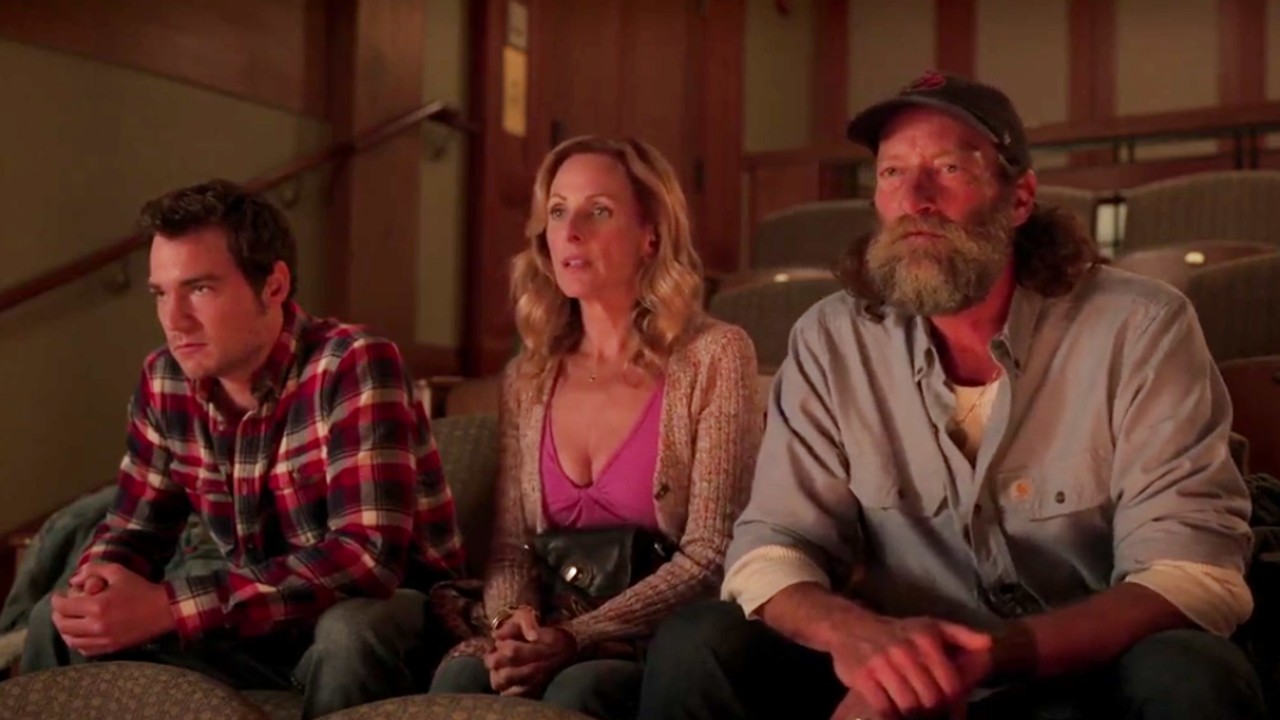
It’s Based On A French Film
CODA is based on a 2014 French comedy called La Famille Bélier. The film basically had the same premise as CODA, but with some key differences, such as the deaf parents being played by hearing actors.
CODA director Sian Heder told Filmmaker Magazine that the film was initially being made by Lionsgate and they “weren’t looking for a 1:1 remake of the French film, but rather for someone to come in with their own vision of what an American version could be.”
Heder was the one who suggested that the film take place in Gloucester, Massachusetts because she grew up close to that area and was somewhat familiar with the fisherman life there. The Massachusetts setting really helps CODA distinguish itself from similar coming-of-age stories.
Eventually, Patrick Wachsberger, the producer behind the remake of La Famille Bélier, left Lionsgate and took the film with him. French financiers allowed CODA to be made independently.
The setting wasn’t the only thing Heder changed from the original movie. She told Filmmaker Magazine this about her intentions for the film:
I was also interested in creating three-dimensional deaf characters and, more importantly, casting authentically deaf actors. From there, we could all collaboratively explore ‘Deaf culture’ as a very specific culture within the world of our film. There were endless opportunities (that may not have been fully realized in the French film) to get into who these characters are and build their journeys accordingly.
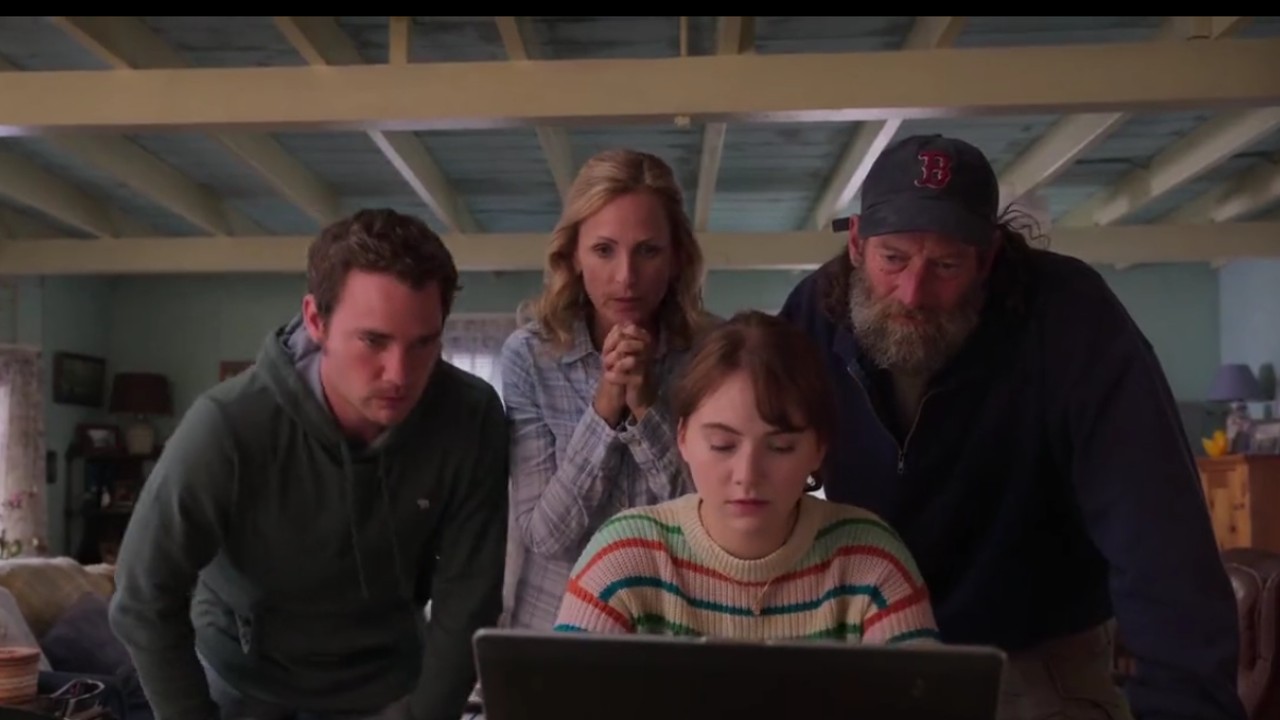
The Film Is Available To Stream On AppleTV+
CODA made history by becoming the first streaming movie to win the Academy Award for Best Picture. After CODA’s major Sundance victory, Apple paid $25 million for the rights to stream the film exclusively on AppleTV+.
According to Deadline, this set an acquisition record that was once held by Hulu and Neon. They paid $22 million for their hit film Palm Springs. The money seems to be well spent because CODA has been a huge success for Apple—winning awards and, according to Variety, it helped increase AppleTV+ viewership by 25 percent.
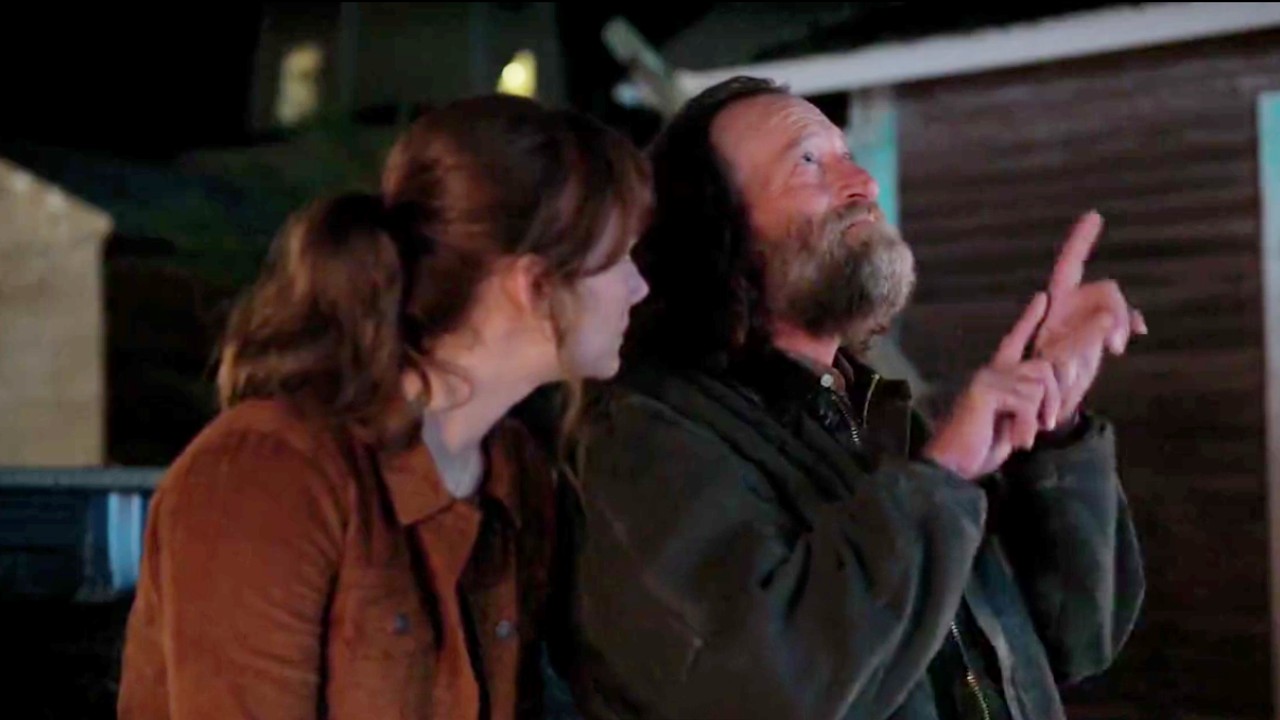
40 Percent Of The Dialogue Is In ASL
In an interview with Deadline, Marlee Matlin shared that 40 percent of the dialogue in the film uses ASL (American Sign Language).
In the Filmmaker Magazine interview, director Sian Heder spoke about the importance of having ASL in almost every scene. She didn’t want to do what many other films did by having hearing characters translate what the deaf characters were saying in the film.
She collaborated with ASL experts Alexandria Wailes and Anne Tomasetti to flesh out the scenes and dialogue. In an interview with Deadline, she shared that she let Kotsur “riff” some of his dialogue because of his distinct signing style. It helped her learn plenty of dirty words in ASL.
She also shared with Filmmaker Magazine that she learned ASL for the film, and Emilia Jones did as well.
Jones told Glamour that she studied it for nine months while also working. She also shared that she doesn’t consider herself fluent in it but continuing to learn. In an interview with Entertainment Weekly, Matlin spoke about how a lot of ASL was spoken behind the scenes as well.
She said that a lot of the crew members were CODAs and they would all be signing during breaks. According to Matlin, it helped bond the cast and crew. With CODA’s big Oscar win and the increase in on-screen deaf representation, more people will likely be wanting to learn ASL.
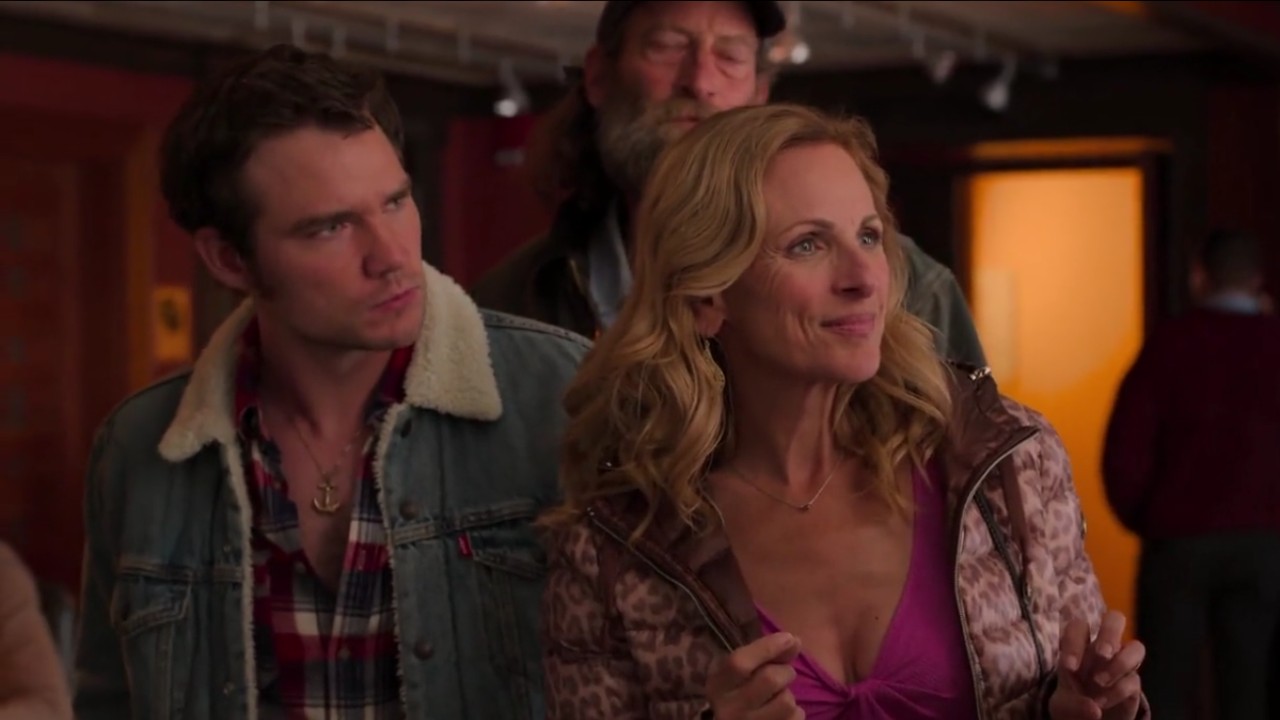
Marlee Matlin Refused To Appear In CODA Unless Deaf Actors Were Cast In Leads
In the same Deadline interview, Matlin revealed that when she was told that they were thinking about casting a hearing actor as Frank, she told them that she would leave the project if that happened.
She further expanded on her decision by telling CBS News why she was going to leave the project over the casting of hearing actors:
I just said it, I put it out there. Playing deaf is not a costume. We, deaf people, live it.
Sian Heder also said to Deadline that it was “a relief” when Matlin threatened to quit, because it was the studio that wanted the hearing actors. She said she had been fighting alone to get a cast of deaf actors but when Matlin said that she would exit the project, it became the two of them fighting for deaf representation in the film.
The film really benefited from Heder and Matlin sticking to their vision and purpose for CODA because it had tremendous results.
CODA’s Best Picture Academy Awards win is revolutionary, not only because it’s one of AppleTV+’s best films, but because hopefully it opens the door for more deaf representation in film and television.

Spent most of my life in various parts of Illinois, including attending college in Evanston. I have been a life long lover of pop culture, especially television, turned that passion into writing about all things entertainment related. When I'm not writing about pop culture, I can be found channeling Gordon Ramsay by kicking people out the kitchen.
